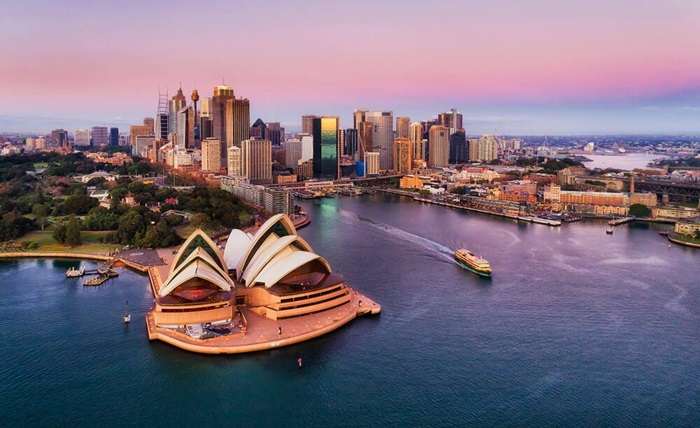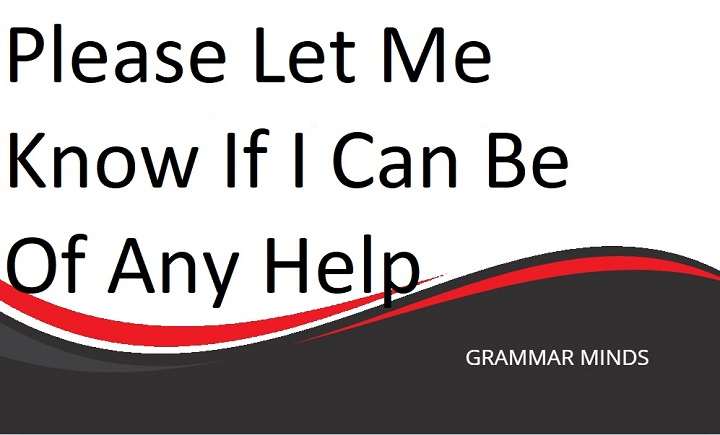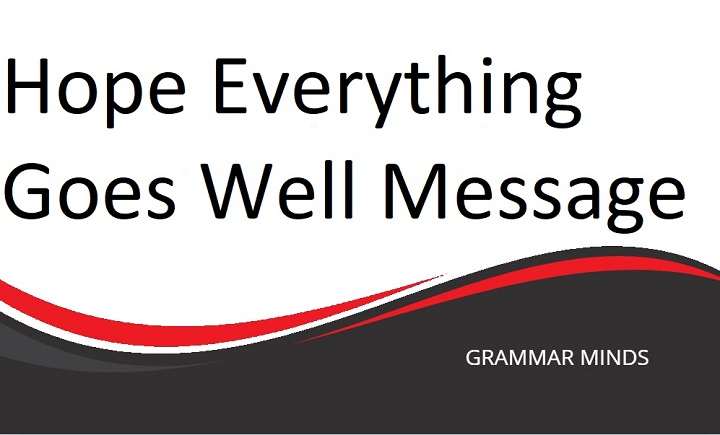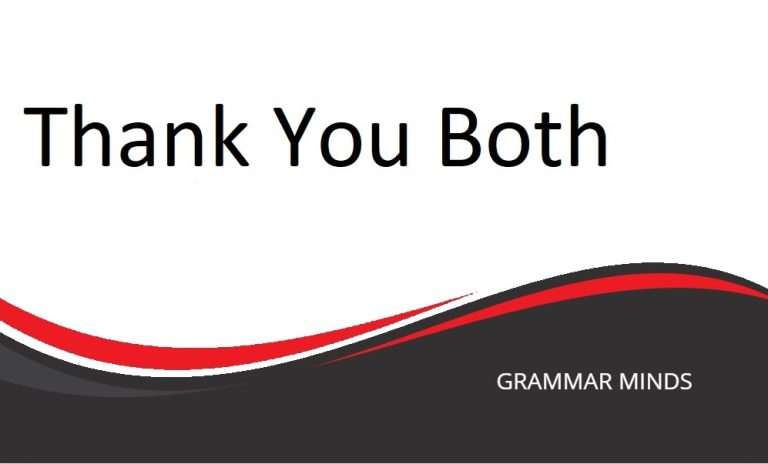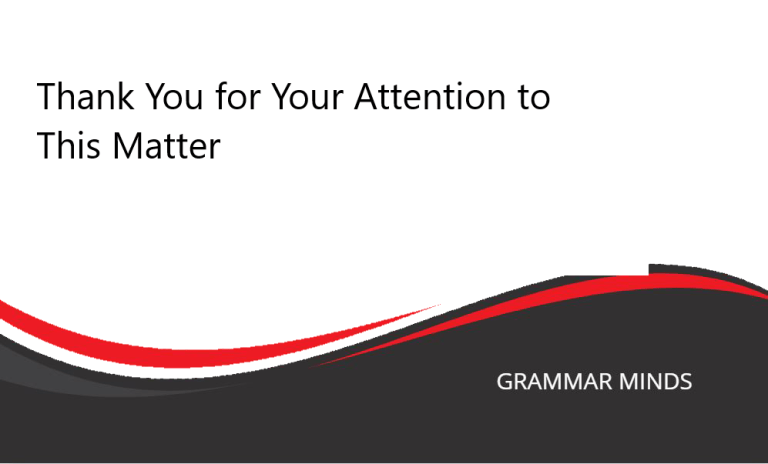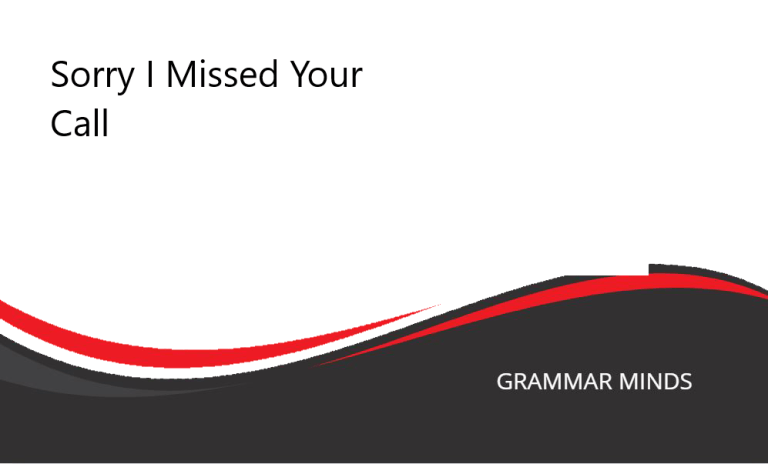We often wish someone a “safe travels” when they’re about to embark on a journey. While it’s a kind and thoughtful phrase, do you find yourself using the expression “safe travels” repeatedly?
Have you grown tired of this repetitive phrase when communicating in your professional or personal life? Perhaps you’re looking for a way to sound more creative or engaging.
Don’t worry! We’ve compiled a handy list of alternative phrases that you can use to mix things up and sound more varied in your conversations. Whether you need something more formal for business settings or casual for chats with friends, these options will help you express your good wishes in new and exciting ways.
Other Ways to Say “Safe Travels”
There are plenty of phrases you can use to wish someone a safe trip without falling back on the standard “safe travels.” Below is a list of 10 phrases, from formal to informal, to help you sound fresh and original in any context.
- Have a Safe Journey
- Travel Safely
- Bon Voyage
- Safe Trip
- Wishing You Smooth Travels
- Have a Good Trip
- Godspeed
- Take Care on Your Trip
- Hope You Have an Uneventful Journey
- Stay Safe Out There
Key Notes
“Safe travels” is grammatically correct and suitable for both formal and informal situations. However, it can sometimes feel a bit basic. You can use “Have a Safe Journey” for more formal settings, especially in emails or meetings. Meanwhile, phrases like “Bon Voyage” or “Take Care on Your Trip” are perfect for informal conversations with friends or family.
Keep reading to discover how to use these phrases in both formal and informal situations, and see real-life examples of how they can be applied.
Have a Safe Journey
Usage:
If you’re looking for a more formal way to say “safe travels,” try using “Have a Safe Journey.” This alternative adds a touch of sophistication, making it ideal for professional environments such as emails or meetings. It’s the perfect phrase to use when speaking to colleagues or clients.
Example (in an email):
Dear John,
Thank you for your assistance with the recent project. I appreciate your hard work, and I’m looking forward to our next steps.
Have a safe journey.
Best regards,
Sarah
Travel Safely
Usage:
“Travel Safely” is another great formal alternative to “safe travels.” It’s a straightforward phrase that works well in professional settings but can also be used in more casual conversations. It’s concise and shows that you care without sounding too familiar.
Example (in an email):
Dear Emily,
Thank you for meeting with us today. We are excited about the upcoming partnership and look forward to working with you.
Travel safely.
Kind regards,
Michael
Bon Voyage
Usage:
“Bon Voyage” is a classic, slightly informal phrase that originates from French. It adds a bit of flair and can be used in more casual settings, like when you’re wishing a friend or family member well before they travel. It’s commonly used in European English, but it’s universally understood.
Example (in conversation):
Hey Anna,
I’m going to miss you while you’re in Paris! Bon Voyage, and send me lots of pictures when you get there!
Safe Trip
Usage:
For an informal alternative, “Safe Trip” is an excellent phrase to use. It’s short, sweet, and gets the message across without being overly formal. You might use this in casual conversations with friends or family members.
Example (in conversation):
Hey Jake,
Thanks for visiting this weekend. Safe trip back home, and let’s catch up again soon!
Wishing You Smooth Travels
Usage:
This is a thoughtful and somewhat formal way to wish someone well on their travels. “Wishing You Smooth Travels” conveys that you hope their journey is hassle-free, making it great for professional settings or when speaking with acquaintances.
Example (in an email):
Dear Thomas,
It was a pleasure meeting you in London. I hope we can collaborate soon.
Wishing you smooth travels on your way back.
Best regards,
Clara
Have a Good Trip
Usage:
“Have a Good Trip” is more casual than some of the other options but still versatile enough to be used in both formal and informal situations. It’s friendly and positive, making it perfect for a variety of interactions.
Example (in conversation):
Hey Sarah,
Have a good trip to New York! Can’t wait to hear all about it when you get back!
Godspeed
Usage:
“Godspeed” is a bit of an old-fashioned term but is still used today, especially in formal or literary contexts. It conveys a sense of wishing someone a safe and swift journey, often used in more serious or heartfelt moments.
Example (in conversation):
Dear Patrick,
Best of luck with your upcoming move. Godspeed on your travels.
Take Care on Your Trip
Usage:
A casual phrase like “Take Care on Your Trip” is perfect for informal conversations, particularly with friends or family members. It shows genuine concern for the person’s well-being without being too formal or rigid.
Example (in conversation):
Hey Sam,
Take care on your trip to Boston! Let me know when you arrive safely.
Hope You Have an Uneventful Journey
Usage:
“Hope You Have an Uneventful Journey” is a humorous yet caring way to wish someone well. This phrase acknowledges that the best journeys are the ones without unexpected complications, making it a fun choice for friends or close colleagues.
Example (in conversation):
Hey Mike,
I know how crazy flying can be these days. Hope you have an uneventful journey!
Stay Safe Out There
Usage:
This phrase works best in casual conversations. “Stay Safe Out There” is a friendly, colloquial way to wish someone well. It’s perfect for friends or family members who are heading on an adventure or traveling somewhere new.
Example (in conversation):
Hey Emma,
Have fun on your road trip and stay safe out there!
Is It Correct to Say “Safe Travels”?
Yes! “Safe Travels” is grammatically correct and suitable for both formal and informal settings. It’s a versatile phrase that can be used in professional emails, conversations with colleagues, or casual chats with friends.
That being said, using synonyms like the ones we’ve listed above will help you mix up your language and sound more varied in your communication. You can also try slight variations of this phrase, like the following:
- Wishing You Safe Travels
- Have Safe and Happy Travels
- Wishing You a Safe Trip
Also Read:
SEO Friendly Title: Alternative Ways to Say “Please Acknowledge the Receipt of This Email”
In conclusion, “safe travels” is a perfectly acceptable and grammatically correct phrase, whether you’re using it in a formal or informal setting. However, the alternative phrases provided in this article will help you diversify your vocabulary and communicate more effectively in different contexts.
By incorporating phrases like “Have a Safe Journey,” “Bon Voyage,” or “Stay Safe Out There,” you can make your good wishes stand out and convey the same sentiment in a more engaging and personalized way. So the next time you’re saying goodbye to someone heading on a trip, don’t just say “safe travels”—try out one of these alternatives to keep your conversations fresh and varied.

